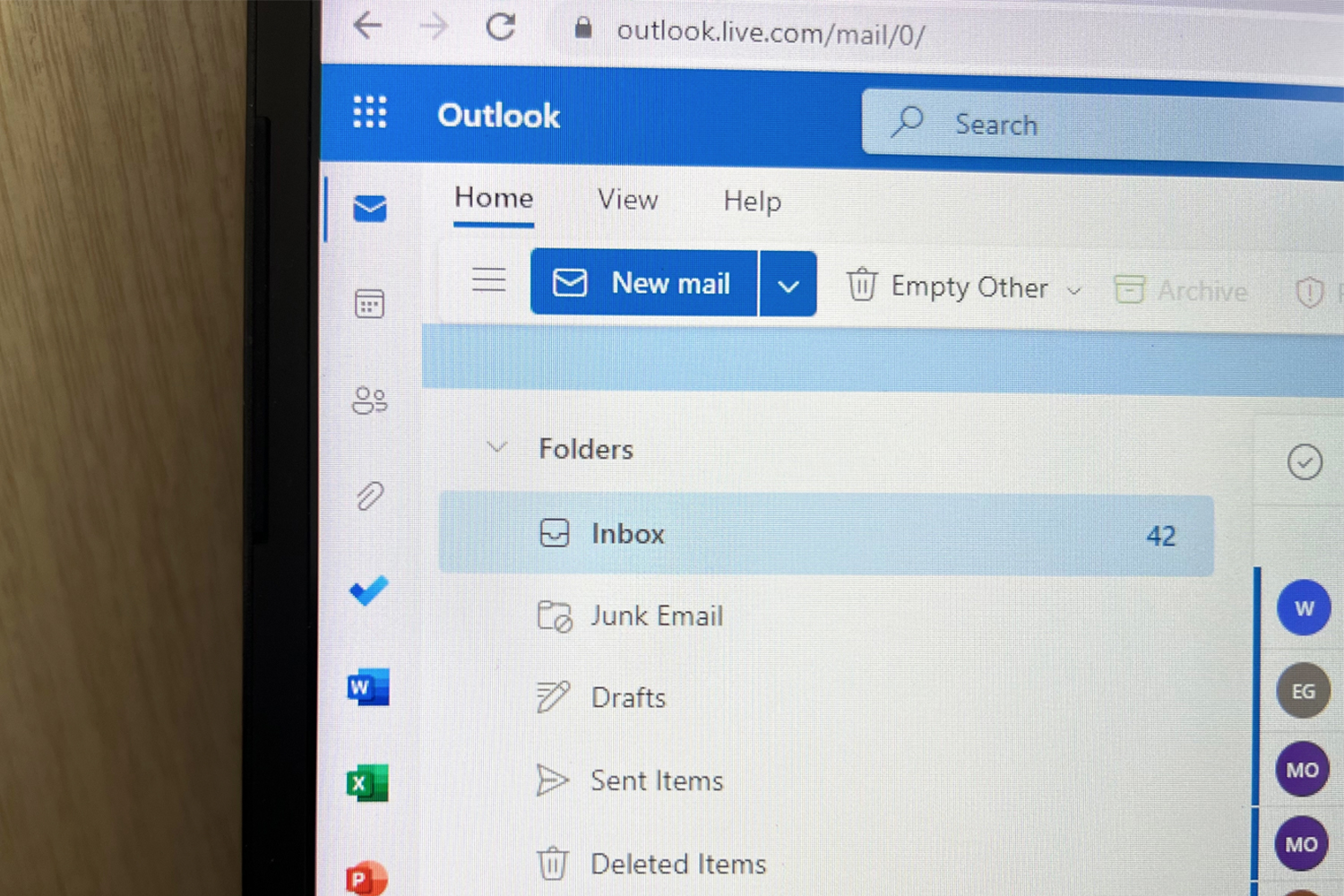Advanced Email Security
Advanced Security
Adaptable
Artificial Intelligenct
Phishing Protection
Defend your business against email cyber-attacks and compromised accounts with Advanced Email Security.
Our Advanced Email Security solutions act as a powerful protective barrier, intercepting and analysing inbound and outbound emails, and identifying and blocking malicious phishing attempts and malware. The content, attachments, and links are scanned in real-time, using AI and dynamic analysis of the latest threat intelligence to identify and block dangerous correspondence. These security measures not only help prevent phishing emails from reaching your emails, but also help protect your clients and customers should your email account be compromised.

By implementing Advanced Email Security, to monitor both inbound and outbound emails, you create a safer email environment not only for your business but also for your clients. Contact us to protect your business email accounts.


